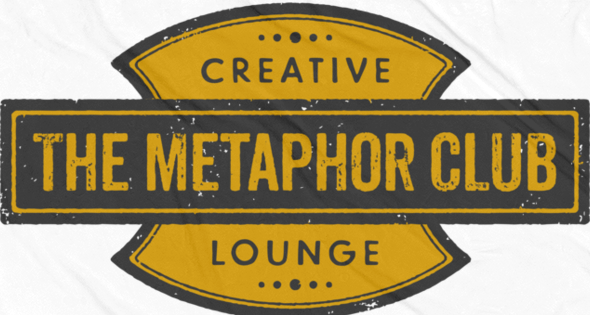-
Posted this on my LinkedIn today, and I feel as if it might be valuable here, too:
“Years ago, I substituted for a colleague as a writing workshop instructor for a day. I had previously led several of my own workshops, and came prepared with a mix of what was originally scheduled and a few bits of lessons of my own.
The students and I talked about the importance of subverting expectations in a story – how to set up an audience to believe one thing, and then how to show something else entirely was true.
At the end of the class, I realized I had an opportunity to run an imperfect but valuable experiment. I had, by this point, developed a strong rapport with the students, and I said: “In light of what we learned today about expectations, I want to ask you a question and expect total honesty. You can’t hurt my feelings and, since I’m your sub, you’ll never see me again.” What were your expectations or assumptions when you saw that your substitute teacher today was on crutches?
A beat of hesitation. Then hands started going up.
The first two answers were: “I thought maybe you were sick or weak” and “I thought you wouldn’t be smart.”
Although it was more than a decade ago, and I’ve freelanced within many industries since then (and have written on TV shows!), I think about that day often. As expected, I never saw those early 20-somethings again. But I applaud them for being honest. Too few people confront their own unexamined biases, or think about where those biases came from.
Many, many, many of those people end up hiring others. This results in a lot of talent getting shoved to the side – given no options but to rely on the (now severely diminished) government or launch our own businesses and hope for the best.
But even then, the biases remain. Drop a comment about why — and what we can do about them.”

